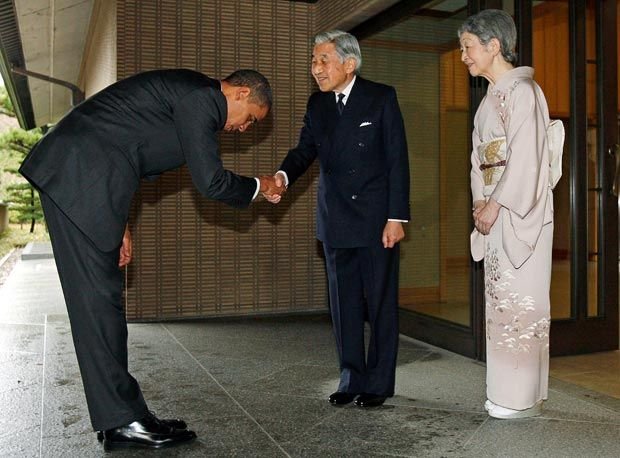In today’s interconnected world, a passport is more than a travel document,it’s an invitation to step into other people’s worlds. But if you want locals to treat you with warmth, trust, and respect, you must understand something deeper than flight itineraries and hotel bookings: local customs.
Culture is a two-way street. The respect you show will often be mirrored back to you,and in many places, mastering a few simple traditions can open doors that money, charm, or even language skills alone cannot.
Here are seven powerful customs from around the world that will earn you respect abroad,whether you’re a short-term visitor, a digital nomad, or a man building a life overseas.
1. Learning (and Using) Local Greetings
In Japan, a bow says more than a handshake. In Senegal, a long, detailed greeting shows that you value relationships over transactions. In Latin America, a warm handshake (or even a cheek kiss) can set the tone for mutual respect.
Why it matters: Greetings are cultural entry points. A poorly timed “hello” can feel cold; a culturally correct one can make you an instant friend. Learn not just the words but the tone, body language, and timing locals expect.
2. Removing Your Shoes Indoors
In many Asian countries,Japan, Korea, Thailand and even parts of Scandinavia, walking inside with your shoes on is seen as dirty and disrespectful. Some Middle Eastern homes have the same rule.
Why it matters: This small act shows humility and awareness. You’re not just keeping floors clean; you’re respecting the personal sanctuary of someone’s home. Always check before entering,and wear clean socks.
3. Giving and Receiving with Both Hands
From South Korea to Kenya, offering something with both hands (whether it’s a business card, a gift, or even cash) conveys sincerity and respect. In many cultures, it’s about showing that you’re fully present in the exchange.
Why it matters: You’re signaling that the moment and the person matter enough for your full attention. It’s a subtle but deeply human gesture.
4. Mastering “Polite Silence”
In countries like Finland, Japan, or even rural parts of Africa, silence isn’t awkward,it’s a sign of respect, thoughtfulness, and emotional control. In these places, filling every pause with chatter can make you seem insecure or disrespectful.
Why it matters: Understanding when not to talk can be as important as knowing what to say. Silence gives weight to your words and shows that you’re listening.
5. Respecting Eating Etiquette
Whether it’s not sticking your chopsticks upright in rice in Japan (it resembles a funeral ritual) or always accepting a cup of tea in Morocco (even if you just had one), dining customs are serious business.
Why it matters: Eating together is sacred in most cultures. Respecting the rituals,from how you sit, to when you eat, to how you handle utensils,can instantly separate you from “the average tourist.”
6. Dressing Modestly (or Appropriately)
In conservative countries; from Saudi Arabia to Ethiopia,dressing modestly shows respect for local norms. In Europe or Latin America, it might mean blending with local fashion rather than standing out like a neon sign.
Why it matters: Clothes are a silent language. Get them right, and you’ll be welcomed; get them wrong, and you’ll be marked as careless or culturally tone-deaf.
7. Learning the Art of Small Gifts
In countries like China, Thailand, or Ghana, bringing a small gift when visiting someone’s home is a sign of respect and goodwill. The gesture doesn’t need to be extravagant, but it should be thoughtful.
Why it matters: Gifts create a sense of reciprocity and deepen relationships. The meaning isn’t in the object, but in the fact that you cared enough to prepare.
Final Thoughts
Respect abroad is rarely earned through big speeches or grand gestures. It’s in the little details ,the bow, the greeting, the silence, the shoes left at the door. These customs don’t just show that you’ve read a travel guide; they show that you’ve taken the time to understand the people behind the passport stamp.
If you want to be welcomed abroad, remember this: you’re not just visiting a country,you’re stepping into someone’s home. The more you honor their ways, the more they’ll honor yours.













